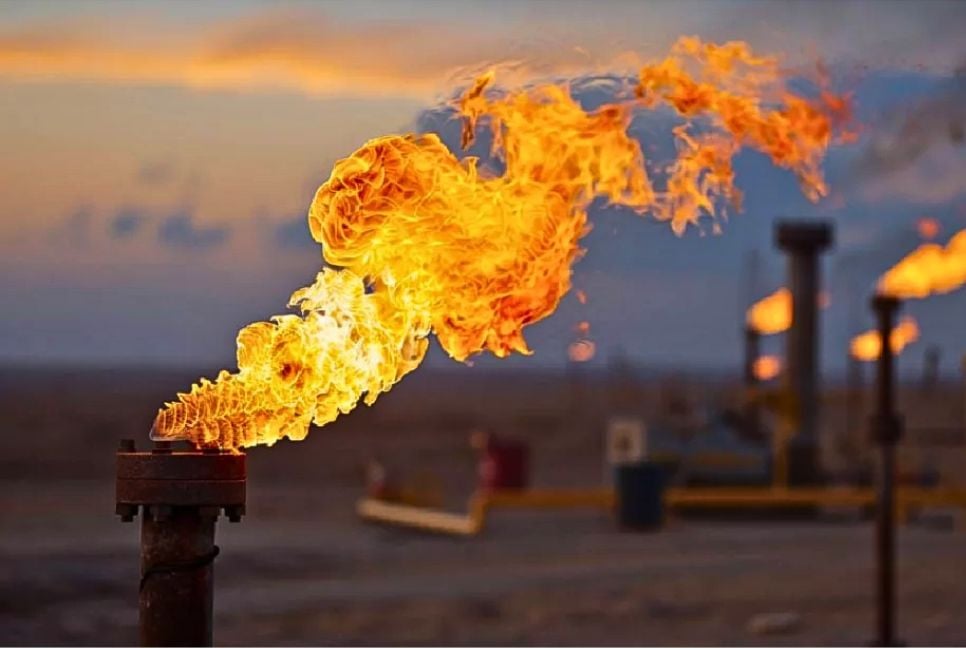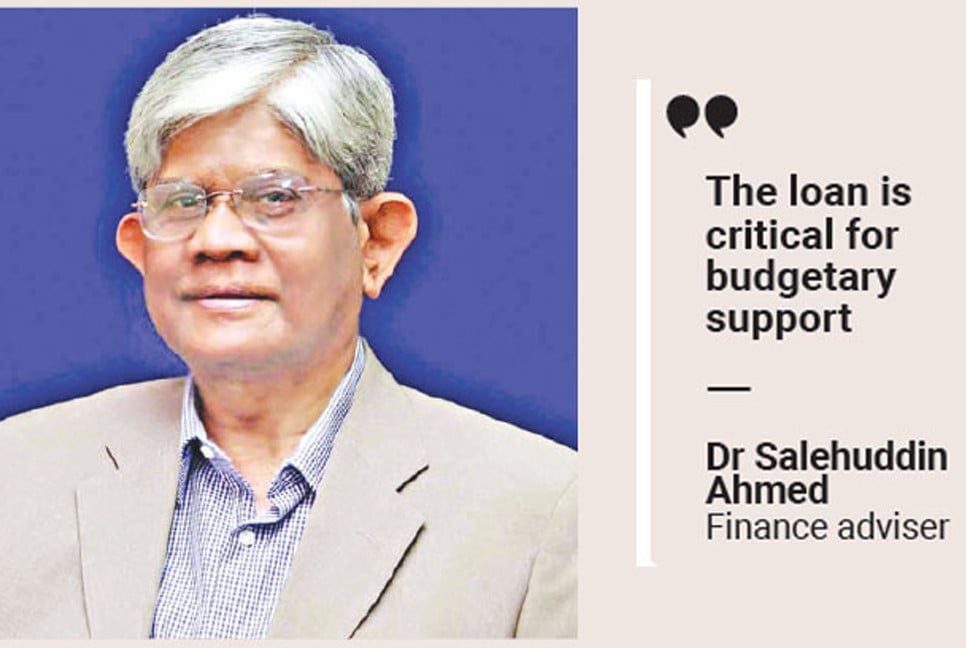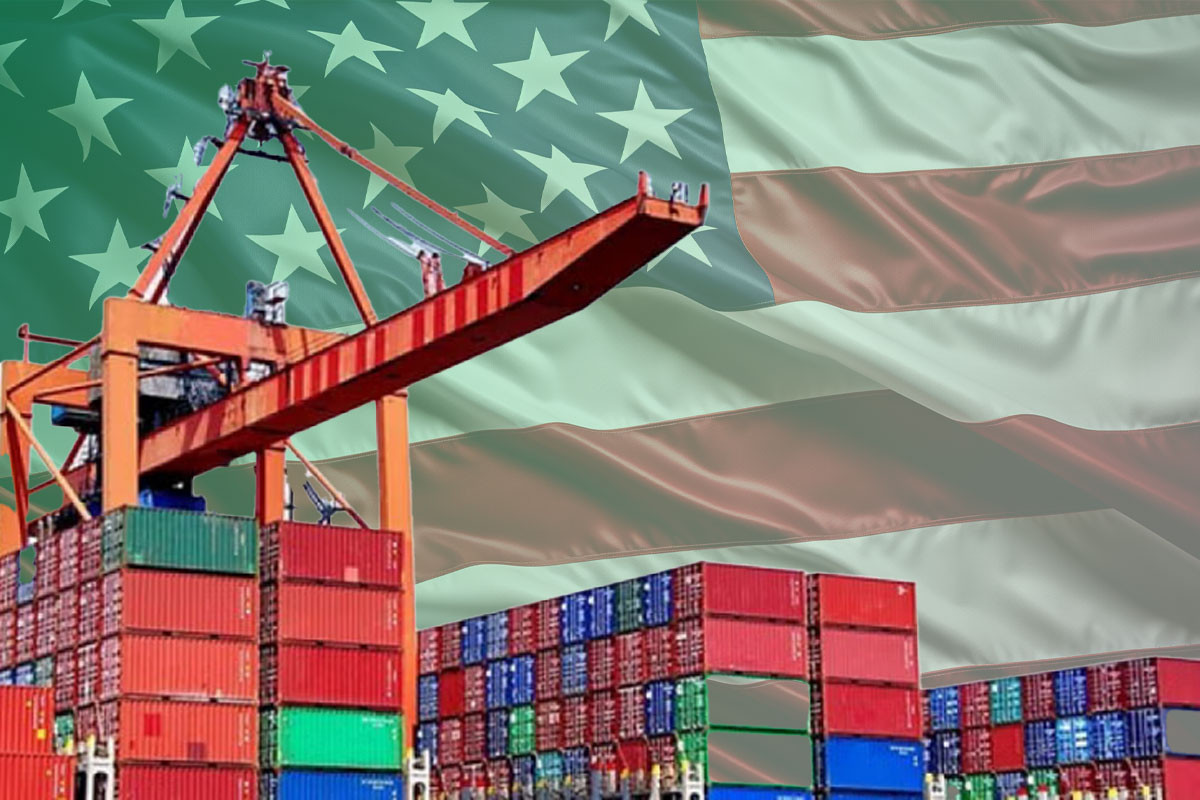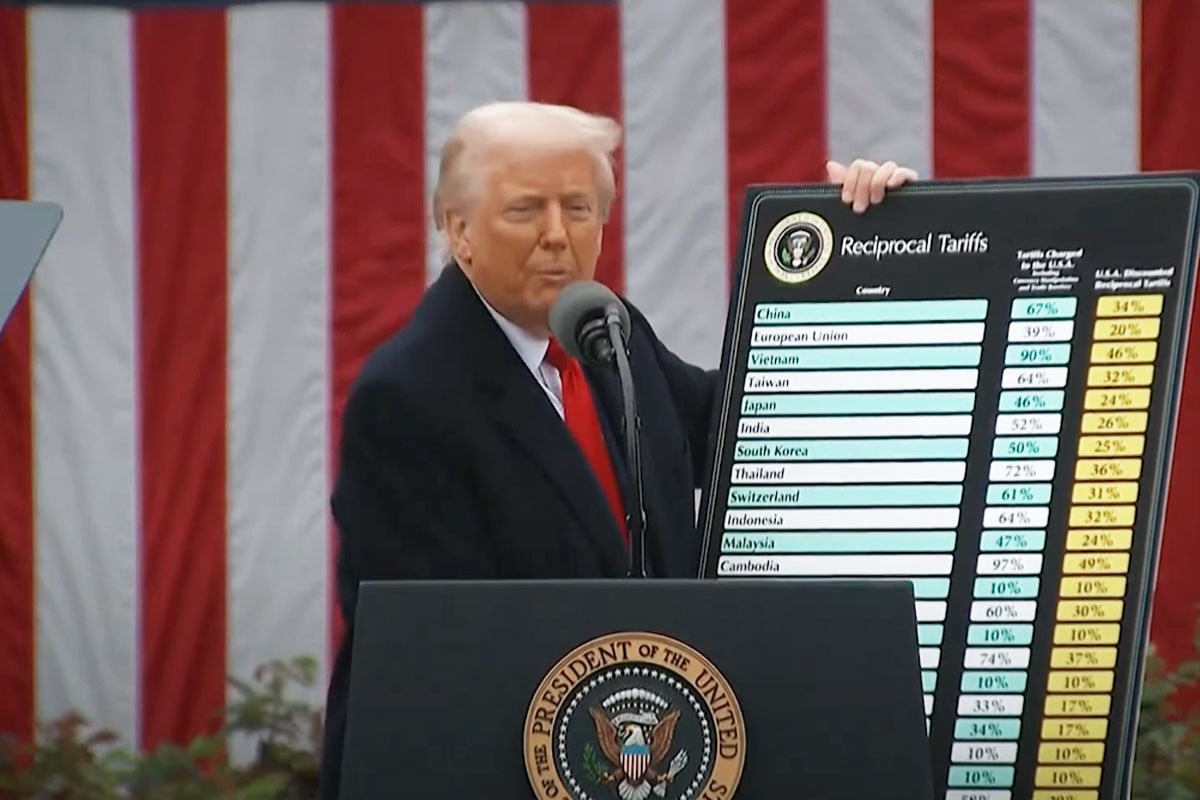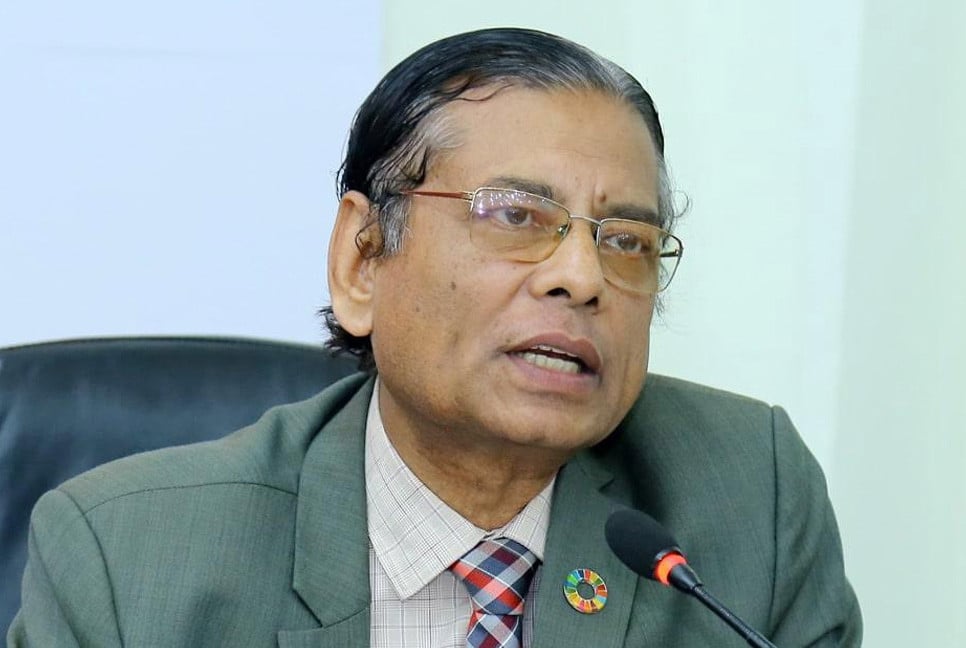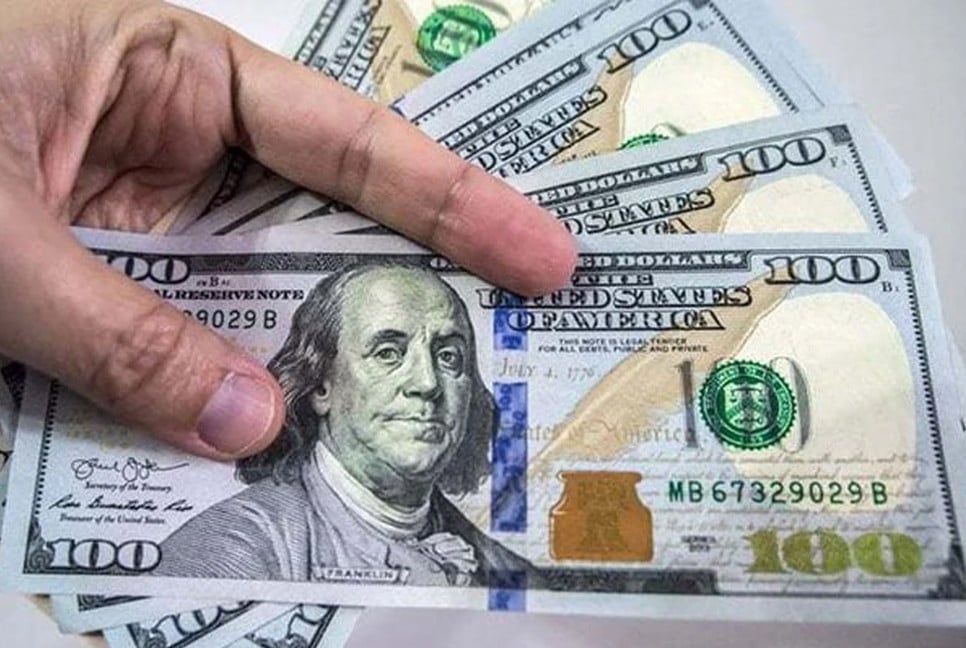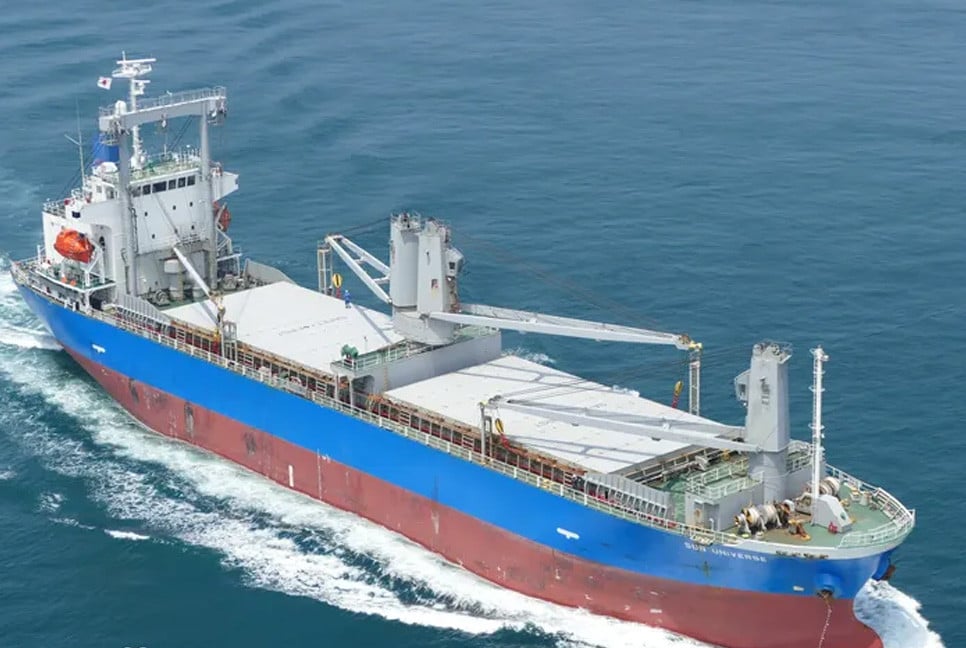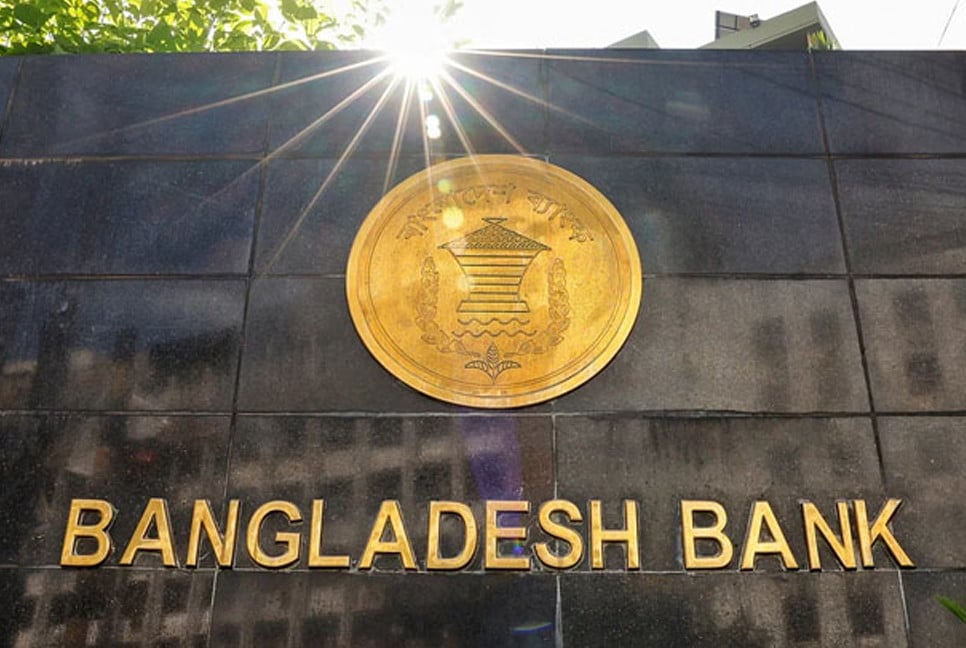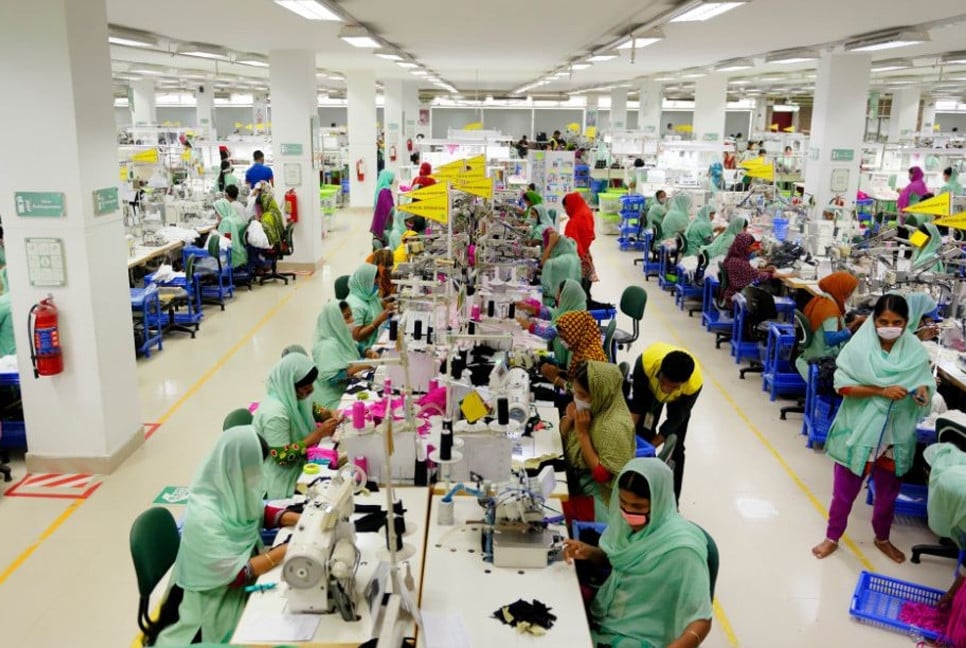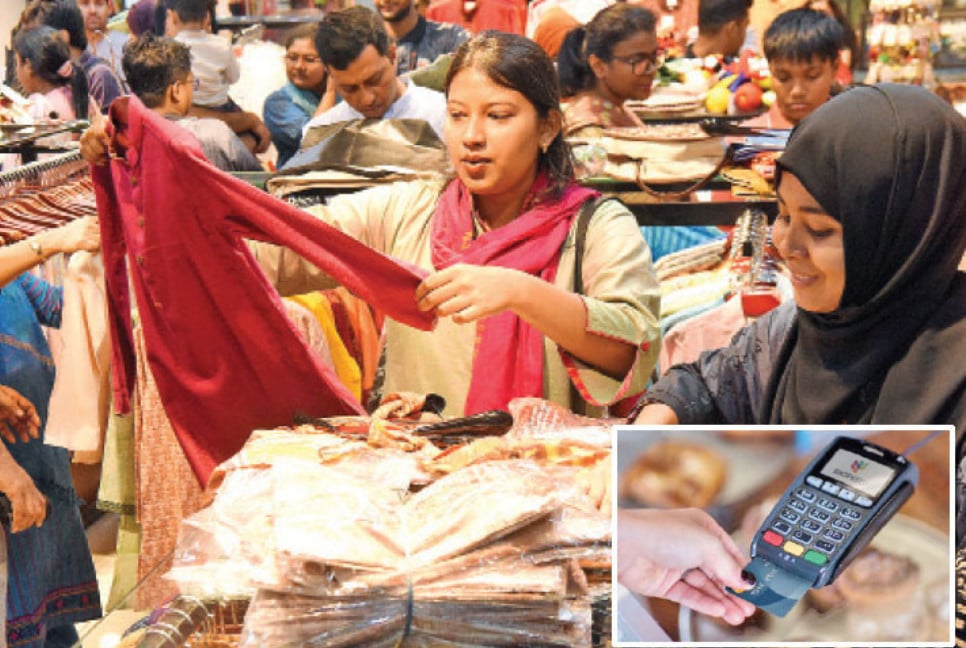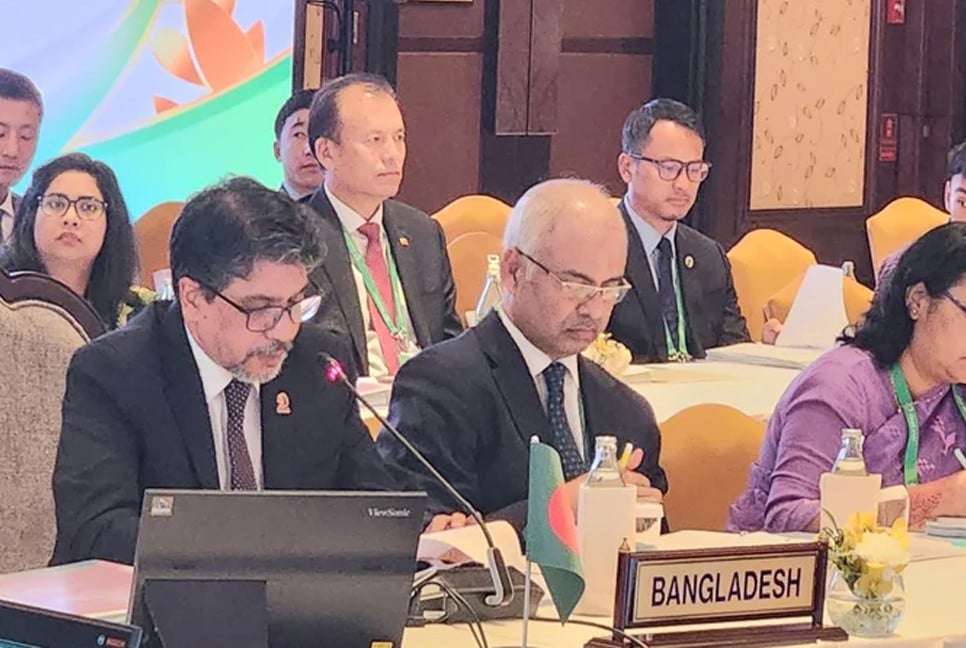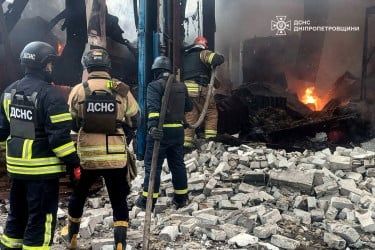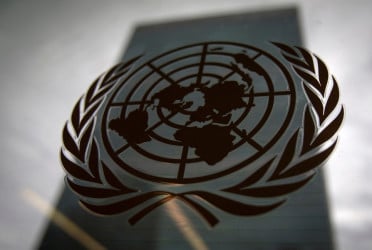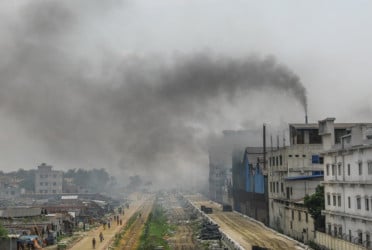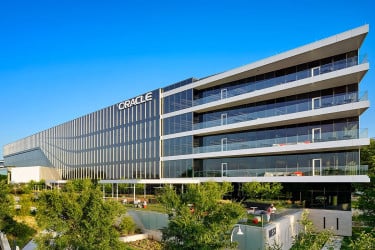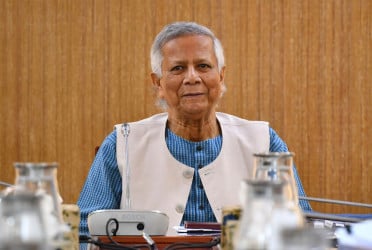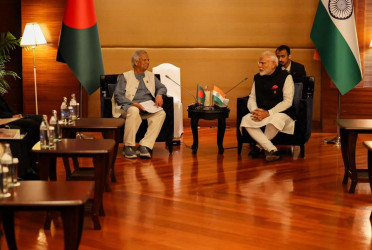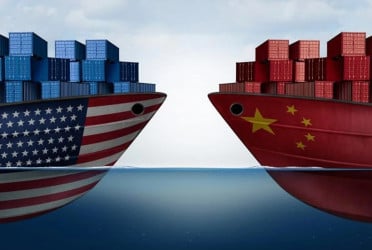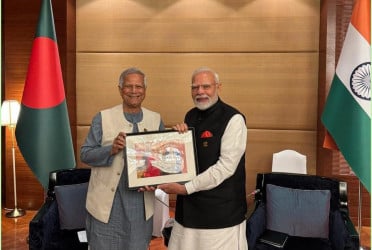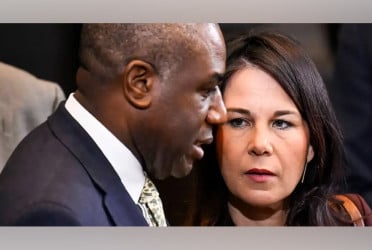The country’s industrial sector has been grappling with persistent challenges, with no signs of improvement. Difficulties are soaring for local industrialists as they have been struggling for a long time with dollar shortages, high interest rates, labour unrest, and other issues that made it harder for them to sustain.
Just when they are trying desperately to keep their businesses afloat, a new proposal has been made to increase gas prices in the industrial sector by 152 per cent, or two and a half times.
Industrialists have long complained that despite paying inflated prices, they do not receive an uninterrupted supply of gas for their factories. Amid this crisis, the new proposal to increase gas prices by 2.5 times is a heavy blow to them.
Some are even considering shutting down their businesses, with some suggesting that trading businesses are far better than setting up industries, as it comes with fewer risks.
Experts also question whether new entrepreneurs will be able to sustain in the energy sector with such inflated costs.
Industry insiders told Bangladesh Pratidin that the proposed gas price hike for industries is quite high. This pressure will likely increase. No new entrepreneur will consider setting up a factory with a gas connection at this surged cost. Also, the question of sustaining existing industries has also become uncertain. New entrepreneurs will have no chance of surviving in a competitive market under these conditions. If the gas price hike proposal is implemented, policymakers will imply a message that they no longer want to promote the manufacturing sector in Bangladesh.
Since August of last year, political instability, market volatility, high interest rates, complications in opening letters of credit, dollar shortages, and labour unrest have caused numerous factories across the country to shut down. Many industrialists have fallen into debt.
Given this, industry insiders have deemed the proposal to increase gas prices in the industrial sector a “warning”.
Heavy industries are expected to be the most affected by the price hike, and small industries will also face difficulties. Such industries often involve large investments, and if these sectors face challenges, investors might be forced to shut down their businesses. As a result, many workers and industry-related people will lose their jobs.
New investments will be unlikely, and there will be no new employment opportunities. Foreign investors will also be discouraged, which will have a negative impact on export industries. Overall, the growth of the industrial sector will be hindered.
Business owners told Bangladesh Pratidin that despite promises to provide an uninterrupted gas supply after the price hike, they have yet to receive it. Many factories have already been shut down due to insufficient gas. If the price is raised again, gas-dependent factories will have no choice but to shut down.
Currently, bank interest rates are between 14.5 per cent and 16 per cent. If gas prices go up again, the industrial sector will be on the verge of collapse, and millions of workers will be left unemployed.
The government’s energy division has already given its policy approval for the new gas price hike in the industrial sector. The proposal is now with the Bangladesh Energy Regulatory Commission (BERC) for finalisation.
Under the proposal, new factories will have to pay gas prices equivalent to the import costs of Liquefied Natural Gas (LNG). This means new factories will have to buy gas at two and a half times the current price. Even old factories wishing to increase their gas load will be required to pay the new price.
Currently, industrial customers pay Tk 30 per cubic meter of gas, and Tk 30.75 for captive power. A recent proposal from Petrobangla to BERC suggests raising the gas price to Tk 75.72 per cubic meter. The new gas bills will apply to new connections, but old industries will receive some discount.
Mohammad Hatem, president of the Bangladesh Knitwear Manufacturers & Exporters Association (BKMEA), told Bangladesh Pratidin, "We don’t think anyone will invest in industries if the price is raised to Tk 70-75 per cubic meter. Previously, the government had increased the price from Tk 12 to Tk 30 and Tk 31.5 for captive power, which was an irrational hike. At that time, we were promised an uninterrupted gas supply, but we never received it. Since the price hike, things have only worsened."
"We are already struggling to pay the current gas bill. In this situation, if the price goes up, there is no doubt that the industry will not sustain."
Anwar-Ul-Alam Chowdhury, president of the Bangladesh Chamber of Industries (BCI), said, “The manufacturing sector in Bangladesh grew because of the relatively low cost of gas. Compared to other countries, our industrial infrastructure absorbs 30-40 per cent of investment costs. Bank loans are already high. The price of fuel here is already higher than international prices, and there is no reliable gas supply. The factories that are still functioning are struggling, and they are under immense risk. The private sector’s credit growth is declining day by day. With the new gas price proposal, especially the Tk 75 price for new connections, and a 50 per cent increase for old industries wishing to increase their gas load, it seems the government is discouraging the growth of industries," he added.
Moynul Islam, president of the Bangladesh Ceramic Manufacturers & Exporters Association (BCMEA) and vice-chairman of Monno Ceramic Industries, said, "Gas is an essential component in the ceramics sector. If the price goes up further, I see no future for this industry."
BERC Member Mizanur Rahman said, “We have received a proposal for increasing gas prices in the industrial sector. Discussions have been held on this matter, but it will take time to reach a final decision.
He said that public hearings will take place in this regard after holding meetings with technical committees and distribution committees.
According to Petrobangla data, from November 2023 to October 2024, the industrial sector used 14.78 crore cubic meters more gas than was authorised. Captive industries used 5.76 crore cubic meters of gas extra.
Under the new proposal, the bill for such excess usage will be at the latest rate.
Petrobangla supplies gas to the national grid not only from domestic sources but also through LNG imports. The cost per cubic meter of gas from domestic sources is Tk 6.07, but the cost of LNG imports exceeds Tk 75 per cubic meter, which is leading to losses for the company. The interim government is unwilling to provide subsidies for this sector, so Petrobangla wants to pass the full cost of LNG imports onto the industrial sector.
Energy adviser Muhammad Fouzul Kabir Khan told Bangladesh Pratidin, "It is impossible to buy gas at Tk 75 and sell it at Tk 30. The new rates will not apply to old industrial customers. We are already providing subsidies of Tk 20,000 crore. We don’t want to increase this further. We have proposed a gas price hike for the industrial sector, and BERC will review it before making a final decision."
Dr. Zahid Hossain, chief economist at the World Bank’s Dhaka office, told Bangladesh Pratidin, “For gas-dependent factories like garment factories, gas costs account for up to 10 per cent of production costs. If the proposal is implemented without any changes, it will undoubtedly affect production costs, leading to higher inflationary pressure."
"Petrobangla has been accused of everything from gas leaks to illegal gas connections. The government is not receiving payments for these gas bills. Accountability is needed in these areas," he added.
Energy expert Prof M Tamim told Bangladesh Pratidin, "Increasing gas prices will certainly be a barrier for new gas-based industry entrepreneurs. They will not be able to survive in the competitive market because their costs will be higher. This will create a huge disparity in the market.”
He added that the new price will also impact existing industries that use excessive gas. The impact will be felt across both new and old industries, and it will be a challenge for new entrepreneurs to export in this high-energy cost environment.
Translated & edited by Fariha Nowshin Chinika

